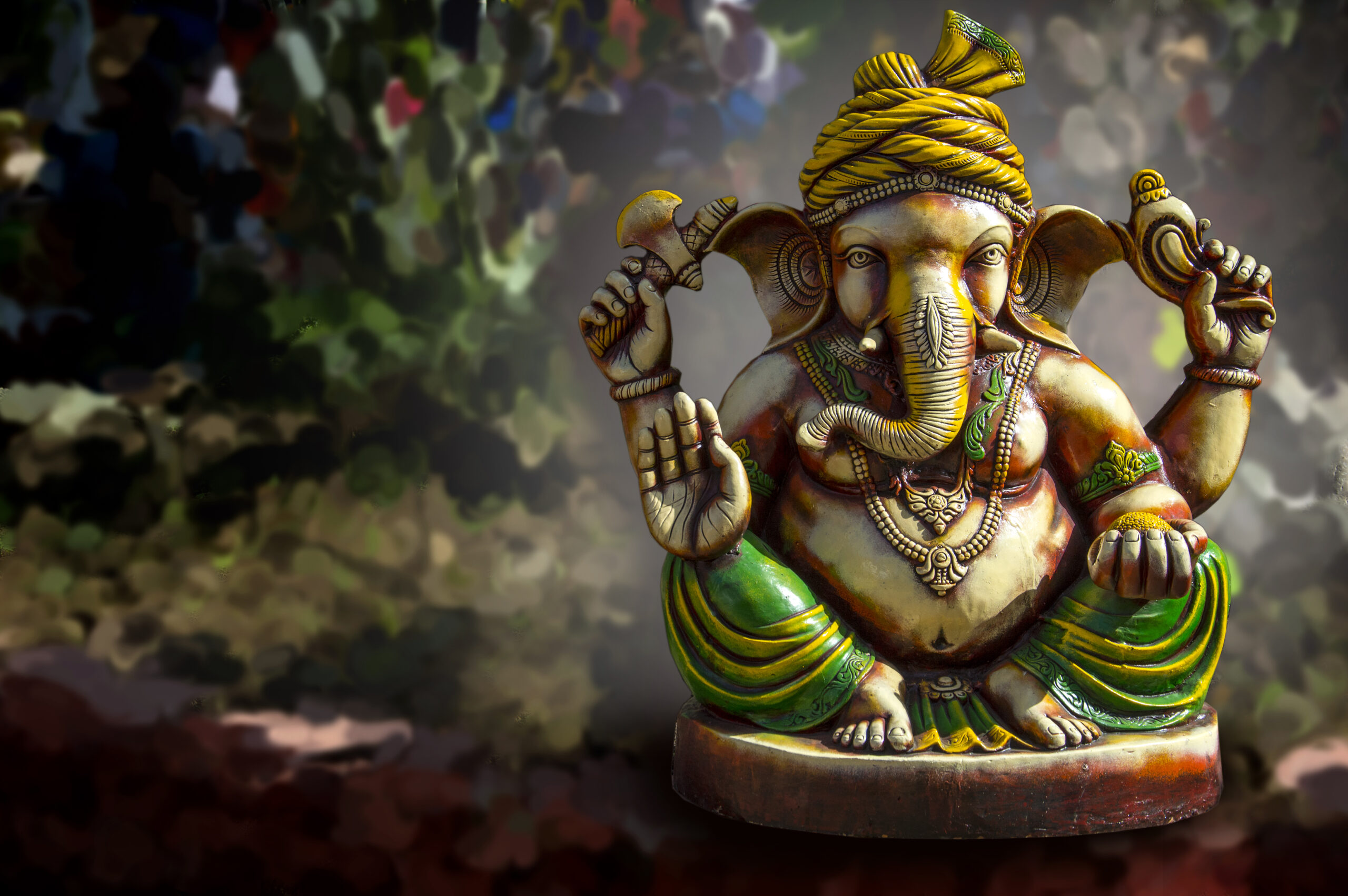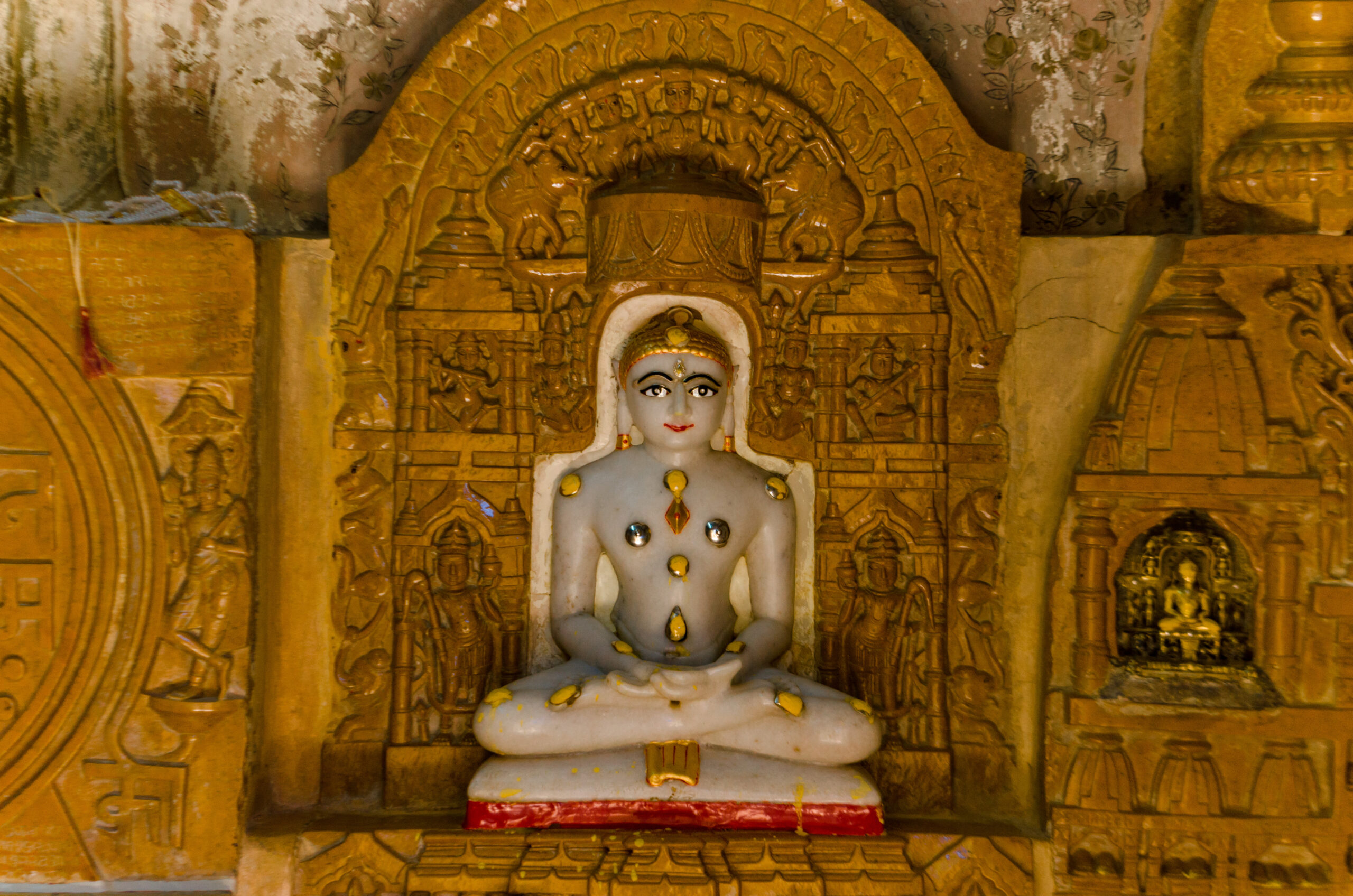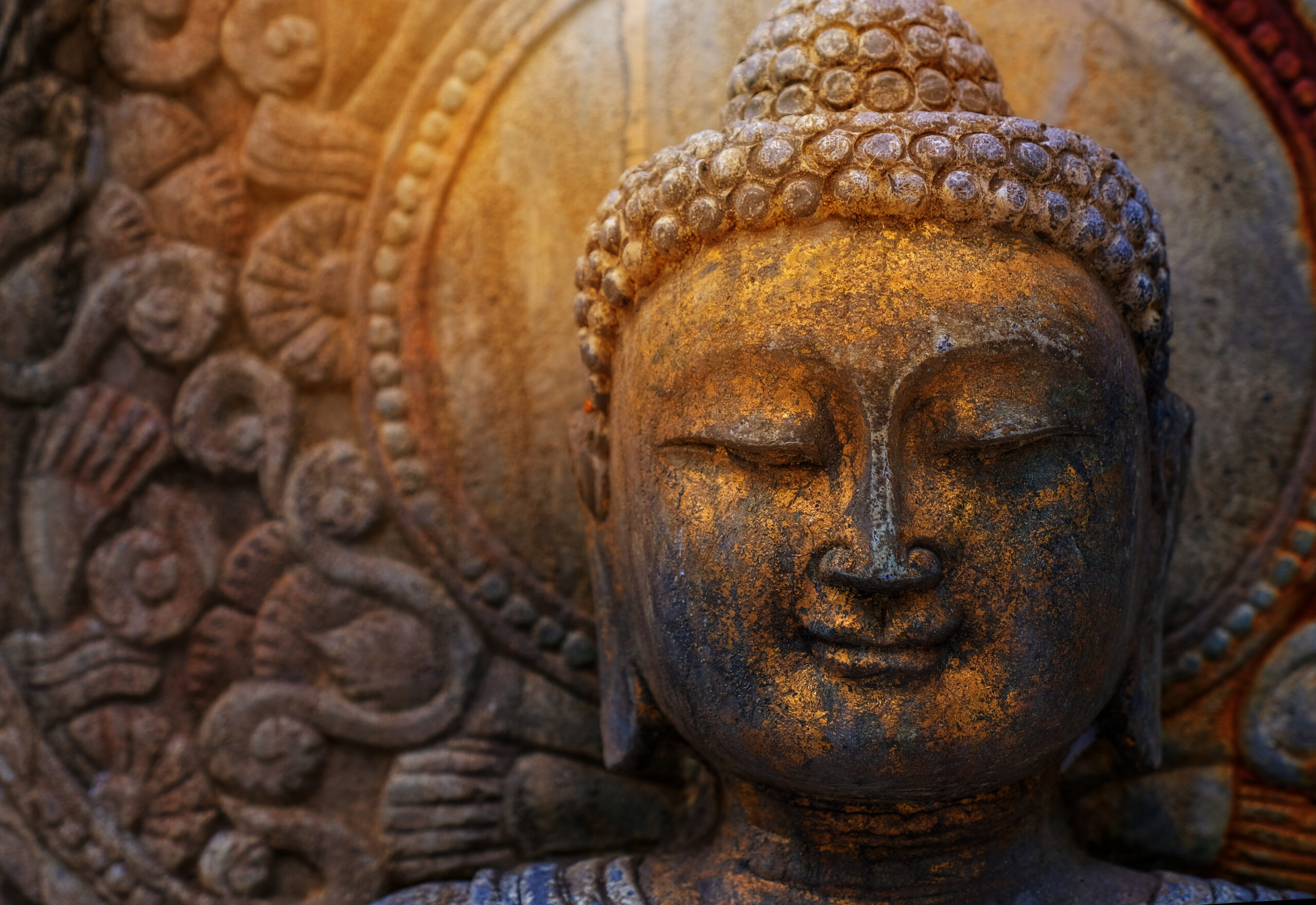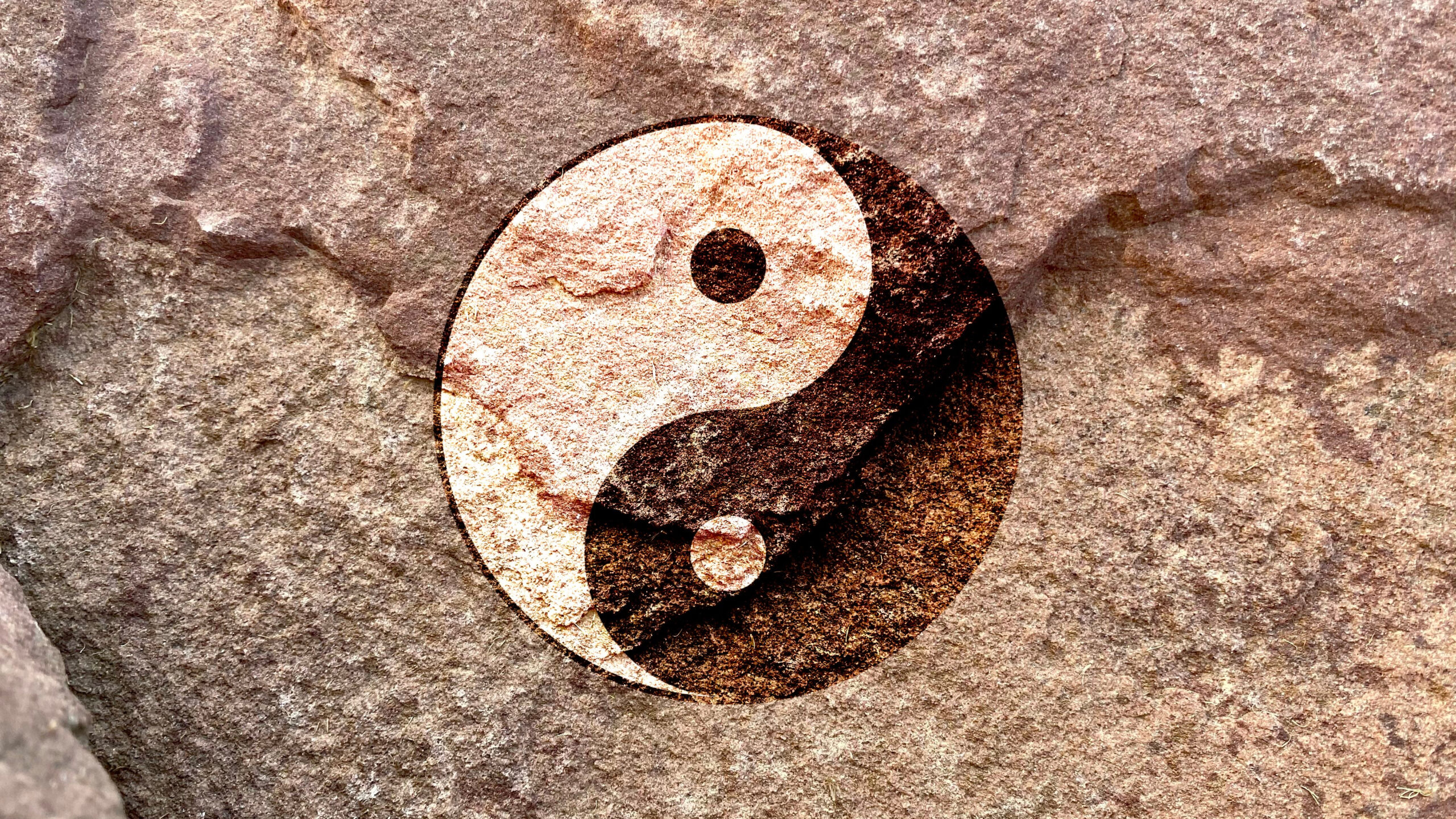Religion has shaped human culture and society for thousands of years. Some of the world’s oldest religions continue to influence billions of people today. Each has its own rich history, tracing back to ancient times, and still thrives in modern society. Understanding these religions offers a glimpse into the beliefs that have guided civilizations for millennia.
Hinduism

Hinduism is often regarded as the world’s oldest organized religion, originating around 1500 BCE in the Indian subcontinent. It has no single founder but developed through the synthesis of various ancient cultures, including the Vedic tradition. Hinduism is deeply rooted in practices such as yoga, meditation, and devotion to a vast array of gods and goddesses, like Vishnu and Shiva. Today, it boasts over 1.2 billion followers, primarily in India and Nepal. It continues to influence spiritual, cultural, and social norms, holding a significant place in the global religious landscape.
Zoroastrianism

Zoroastrianism, founded by the prophet Zoroaster, dates back to around 1200 BCE in ancient Persia, present-day Iran. It was the official religion of the Persian Empire and introduced many concepts later adopted by other religions, such as the struggle between good and evil. Although its followers, called Zoroastrians, have dwindled over the centuries, around 200,000 adherents remain today, mainly in Iran and India. Its scriptures, known as the Avesta, continue to be a source of wisdom for its small yet dedicated community.
Judaism

Judaism is one of the world’s oldest monotheistic religions, believed to have been founded around 1800 BCE with Abraham in the ancient Near East. It grew from early Hebrew practices, with its key text being the Torah, part of the larger Hebrew Bible. Today, Judaism has roughly 15 million followers globally, concentrated in Israel and the United States. It has greatly influenced Christianity and Islam, and its ethical principles and cultural traditions are still celebrated by Jewish communities around the world.
Shinto

Shinto is the indigenous religion of Japan, with roots stretching back to 1000 BCE or earlier. It centers on the worship of kami, which are spirits or gods associated with natural forces and ancestors. Unlike many religions, Shinto does not have a formal scripture or founder. Today, Shintoism coexists with Buddhism in Japan, with over 80 million people practicing its rituals and customs. Its strong connection to Japanese culture remains evident in many national traditions and festivals.
Jainism

Jainism, founded by Mahavira in the 6th century BCE, originated in India. It emphasizes non-violence (ahimsa) and asceticism, with the ultimate goal of attaining spiritual liberation. The religion teaches the equality of all living beings and encourages followers to live lives of harmlessness and simplicity. Jainism has around 4.5 million followers, primarily in India, but its values resonate globally, especially among those advocating for animal rights and environmental sustainability.
Buddhism

Buddhism was founded in the 6th century BCE by Siddhartha Gautama, known as the Buddha, in ancient India. It focuses on the path to enlightenment through mindfulness, meditation, and ethical living. With its Four Noble Truths and the Eightfold Path, it aims to eliminate suffering and achieve nirvana. Today, Buddhism has over 500 million followers worldwide, with a strong presence in countries like China, Thailand, and Japan. Its teachings continue to inspire both religious and secular communities around the globe.
Taoism

Taoism, rooted in the teachings of Laozi, emerged around the 4th century BCE in ancient China. It promotes living in harmony with the Tao, or “the Way,” which represents the natural order of the universe. Taoist philosophy encourages simplicity, humility, and compassion, alongside practices like Tai Chi and meditation. Although it has evolved over centuries, around 12 million people still follow Taoism, primarily in Taiwan and mainland China. Its impact on Chinese culture and traditions remains profound.
Confucianism

Confucianism, founded by Confucius in the 5th century BCE, originated in China during the Zhou Dynasty. It is more a philosophical system than a religion, emphasizing morality, family loyalty, and respect for elders. Confucian teachings have influenced Chinese education, governance, and social ethics for over two millennia. While not a religion in the traditional sense, Confucian principles are still observed by millions, particularly in East Asian nations such as China, Korea, and Japan.
Canaanite Religion

The Canaanite religion, practiced from around 2000 BCE, flourished in the region now known as Israel, Lebanon, and Syria. It was polytheistic, with gods like Baal, El, and Asherah dominating their pantheon. Ritual sacrifices and temple worship were central to their religious practices. Though the Canaanite religion faded after the rise of monotheistic faiths like Judaism, its influence is evident in ancient texts and archaeological findings. Today, no followers remain, but its legacy endures in the history of the region.
Norse Paganism

Norse Paganism, also known as Old Norse religion, emerged around 1000 BCE in Scandinavia. It was a polytheistic faith, with gods like Odin, Thor, and Freyja central to its myths and rituals. This belief system celebrated the natural world, with a focus on warrior culture and the afterlife in places like Valhalla. While it largely disappeared with the spread of Christianity in the region, Norse mythology remains popular in literature and media. Some modern neo-pagan groups still practice it, though its original followers are long gone.
This article originally appeared on Rarest.org.
More from Rarest.org
8 Oldest Anime Ever Created

Anime has a long, fascinating history that goes back more than a century. The earliest creations were simple, but they laid the foundation for the thriving industry we see today. Read More.
10 Oldest Gymnasts In The World Ever

Gymnastics is a sport known for its demands on agility, strength, and youthful energy. Read More.
Top 10 Largest Cat Breeds Around the World

Cats come in many shapes and sizes, but some stand out for their impressive stature. The largest cat breeds in the world are known for their size, strength, and often gentle nature. Read More.
